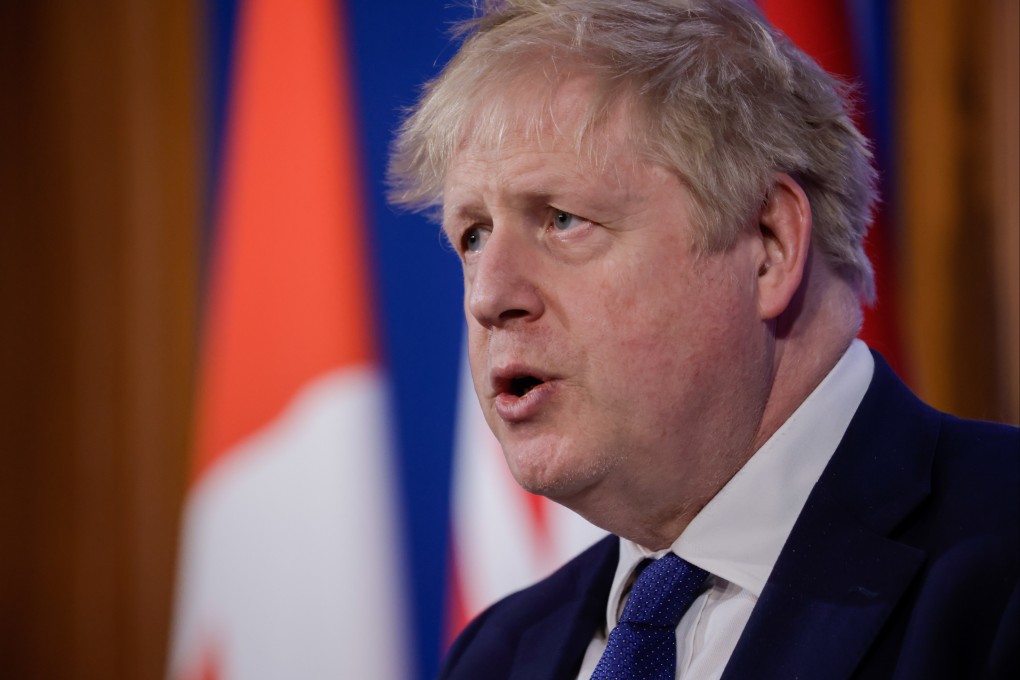Advertisement
Ukraine invasion: UK moves forward with new rules for sanctions, foreign property buyers
- Foreign buyers would have to register property ownership within six months or face up to 5 years in prison for non-disclosure
- The British government has sanctioned more than 300 individuals, companies over Russia’s invasion of Ukraine
Reading Time:3 minutes
Why you can trust SCMP
1

British lawmakers moved a step closer to adopting new rules to allow the government to implement sanctions more quickly and require overseas buyers of property to publicly register their true owners as Britain seeks to put more pressure on Russia over the invasion of Ukraine.
The Economic Crime Bill is a response to pressure on the British government to tackle money laundering and root out hidden assets by Russian oligarchs in the country. The proposed legislation was revised late on Friday amid the pressure.
The bill also followed the scrapping last month of Britain’s “golden visa” programme that fast-tracked residency for foreigners who agreed to invest at least £2 million (US$2.6 million) in the country.
Advertisement
“We want to go after the dirty money and crack down harder on those who violate our financial sanctions and quite frankly violate our country,” Home Secretary Priti Patel told the House of Commons on Monday.
“Putin and his brand of thugs must not be allowed to hide their wealth in the UK,” she added. “This is for the sake of ordinary Russians robbed of their wealth, as for the sake of our country and the West more broadly.”
Advertisement
Advertisement
Select Voice
Select Speed
1.00x
